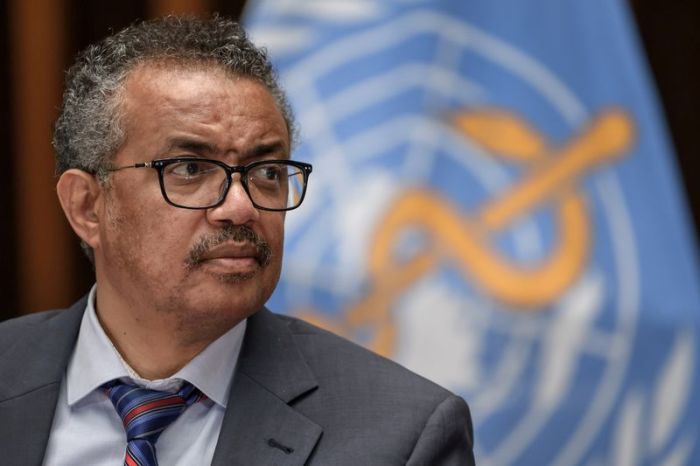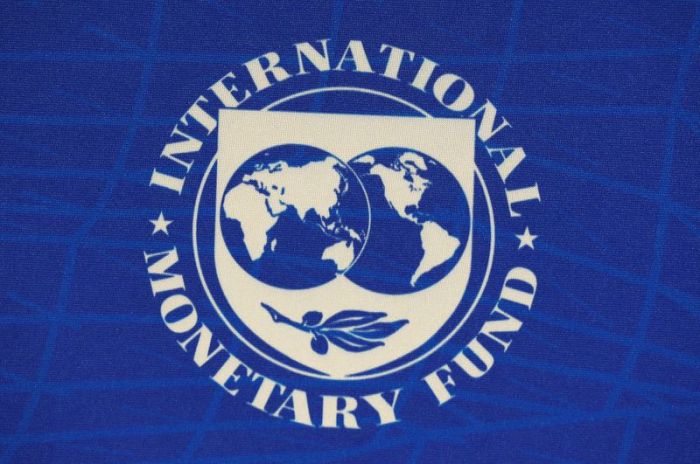NEW YORK (Reuters) – Oil prices slipped about 1% on Monday after global coronavirus cases rose by a record daily amount, fanning fears of renewed government lockdowns, and on growing U.S. and European tension with China.
Prices moved lower in post-settlement trade as California’s governor on Monday clamped new restrictions on businesses as coronavirus cases and hospitalizations soared.
“The California news puts the demand recovery question back on the table,” said Phil Flynn, senior analyst at Price Futures Group in Chicago. Equities and other asset classes also moved lower after the California shutdown was announced.
The World Health Organization reported more than 230,000 new cases of coronavirus on Sunday, a one-day record. Much of the growth is in the Western Hemisphere, particularly the United States and Latin America.
In the United States, infections surged over the weekend as Florida reported an increase of more than 15,000 new cases in 24 hours, a record for any state. Numerous states have rolled back the loosening of restrictions on business operations and now require mask-wearing to slow the spread of the virus, which has killed nearly 140,000 people in the United States.
Brent <LCOc1> futures fell 52 cents, or 1.2%, to settle at $42.72 a barrel, while U.S. West Texas Intermediate (WTI) crude <CLc1> lost 45 cents, or 1.1%, to settle at $40.10.
The market also remained on edge due to growing U.S. and European disputes with China. The European Union said it is preparing counter-measures on China in response to Beijing’s new security law on Hong Kong.
China announced sanctions against the United States on Monday after Washington penalized senior Chinese officials over the treatment of Uighur Muslims.
An Organization of the Petroleum Exporting Countries monitoring committee will meet on Tuesday and Wednesday and is expected to recommend levels for future supply cuts.
OPEC and allies, including Russia, are expected to ease production cuts to 7.7 million barrels per day, down from a record cut of 9.7 million bpd for May through June, as global oil demand has recovered.
“That seems a quite risky option, with the safer being a one-month extension,” said Edward Moya, senior market analyst at OANDA in New York.
(Graphic: demand supply balance, https://fingfx.thomsonreuters.com/gfx/ce/oakvealagvr/IEA%202.JPG)
(Additional reporting by Bozorgmehr Sharafedin in London and Florence Tan in Singapore; Editing by Marguerita Choy, Chizu Nomiyama and Dan Grebler)
























